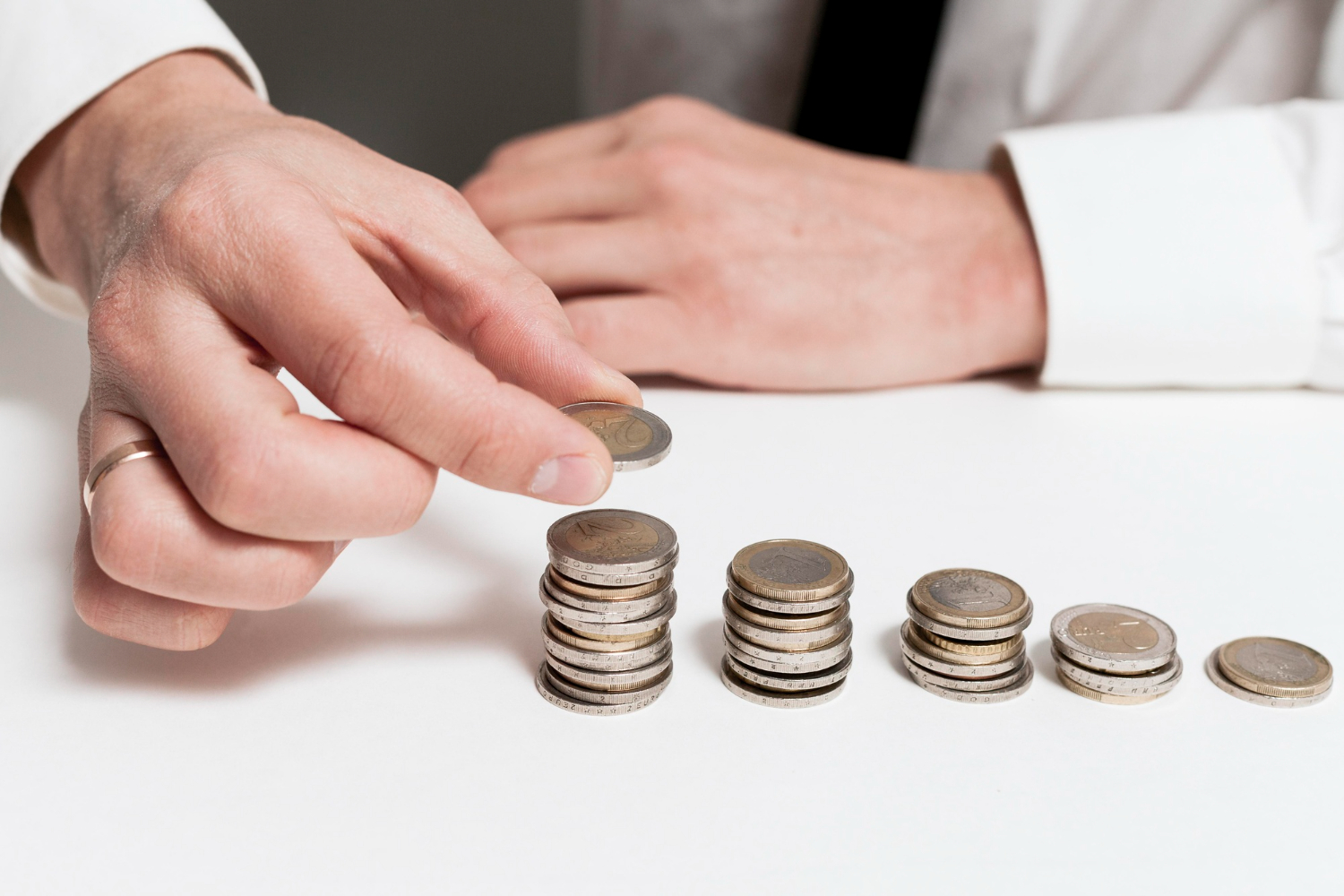Checking yourself in the debtors register is an important step for anyone who wants to be sure about their financial situation. Many people find out about open enforcement proceedings only after their bank accounts are frozen. In this article, we will discuss how to properly check yourself in the debtors register and what to pay attention to.
Read more: Government support programs: banks approved UAH 8 billion in preferential loans to strengthen energy independence
What is the unified debtors register?
The unified debtors register is a systematized database that is part of the automated enforcement proceedings system. It is maintained to publicly disclose information about unpaid financial obligations of debtors in real-time. The main goal of the register is to prevent the alienation of debtors’ property and ensure access to information about their obligations.
Key information contained in the register
- Identification data of the debtor:
- Surname, first name, patronymic (if available)
- Date of birth (for individuals) or identification code (for legal entities)
- Information about the enforcement document:
- Name of the authority or surname and first name of the official who issued the document
- Executor’s data:
- Name of the state enforcement authority or surname of the private executor
- Contact details of the executor
- Enforcement proceeding number
- Type of collection (e.g., alimony, fines, etc.)
How to check yourself in the debtors register?
Step 1: Go to the official web portal
To check your data, you need to visit the official register website at the following link: Unified debtors register.
Step 2: Enter the required data
On the site, you will find a form to enter your data. You need to provide:
- Surname, first name, patronymic (for individuals)
- Date of birth (for individuals) or identification code (for legal entities)
Step 3: Review the results
After entering your data, the system will display your status in the register. If you have no open enforcement proceedings, you will receive a corresponding message. If you find information about an enforcement proceeding, it is important to take the necessary steps.
What to pay attention to?
- Regular checks: It is advisable to periodically check your status, especially if you are aware of potential financial obligations.
- Documentation: If you find open proceedings, gather all necessary documents and contact the executor or a legal company for consultation.
- Actions in case of debt: If you have unpaid obligations, it is crucial to resolve them as soon as possible to avoid asset or funds being frozen.
Checking yourself in the debtors register is a simple but essential process that helps you manage your financial situation and avoid unpleasant surprises. Don’t hesitate—check your status today!



